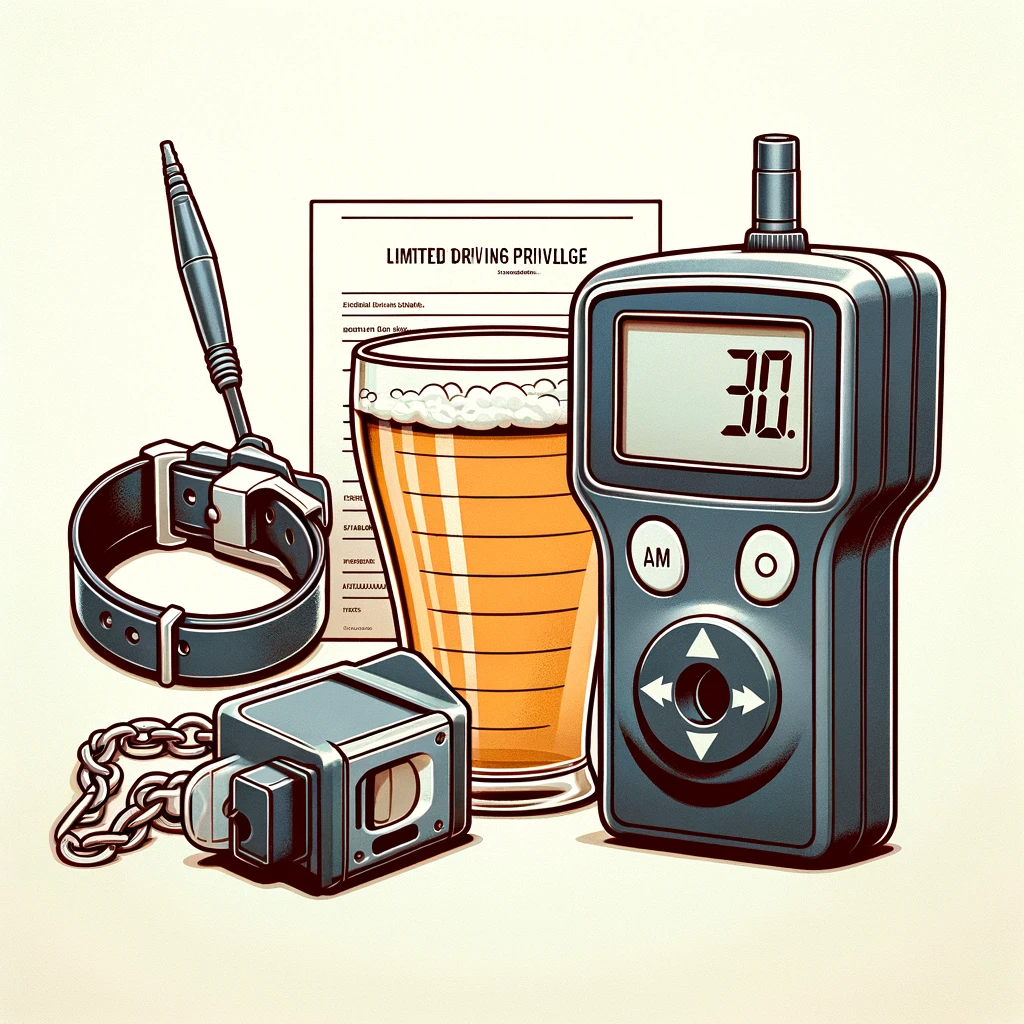Expungement, or expunction, refers to the legal process of erasing or completely removing criminal charges or convictions from state or federal records. In North Carolina, this process allows the court to treat the expunged criminal charges as if they never occurred, offering a fresh start to individuals.
Individuals with criminal records often encounter difficulties in securing employment, obtaining financial aid, or finding suitable housing. It’s a common misconception that criminal charges automatically disappear from records after a certain period; however, this is not the case. Hence, expungement can be a crucial step for many.
It is important to note that not all offenses are eligible for expungement. The North Carolina courts have the authority to expunge or seal records only for violations of state law. Offenses committed in other states or under federal jurisdiction are not eligible for expungement in North Carolina.
Eligibility for Expungement in North Carolina
You may qualify for an expungement in North Carolina under several conditions:
- Dismissed charges or charges where you were found not guilty.
- Misdemeanor convictions or Class H or I felony convictions if the offense occurred when you were 16 or 17 years old.
- One nonviolent misdemeanor conviction, with at least five years elapsed since the completion of your sentence or probation.
- More than one nonviolent misdemeanor conviction, with at least seven years elapsed since the completion of your sentence or probation.
- One nonviolent felony conviction, with at least ten years elapsed since the completion of your sentence or probation.
- Two or three nonviolent felony convictions, with at least twenty years elapsed since the completion of your sentence or probation.
- No other misdemeanor or felony convictions (except traffic violations) during the applicable waiting period.
Specifics of Eligible Expungements
1. Dismissed or Not Guilty Charges
- No waiting period or requirement for a lack of felony convictions.
- No limits on the number of dismissals that can be expunged.
- Mandatory expunction granted by the court if no convictions were made on the day of the dismissals.
2. Offenses at 16 or 17 Years Old
- Applicable to offenses before December 1, 2019, excluding traffic offenses and sexual battery.
- Mandatory completion of sentence or probation, and no restitution owed.
- Mandatory expunction granted upon correct application.
3. Nonviolent Misdemeanor or Felony Convictions
- All convictions on the same court date count as one.
- No restitution owed and no pending charges (excluding traffic tickets).
- For misdemeanors, mandatory expunction after five years; for felonies, a judge decides after ten or twenty years.
Understanding and navigating the expungement process in North Carolina requires careful consideration of these criteria. The success of an expungement application hinges on meeting these specific requirements and correctly applying through the legal system.







